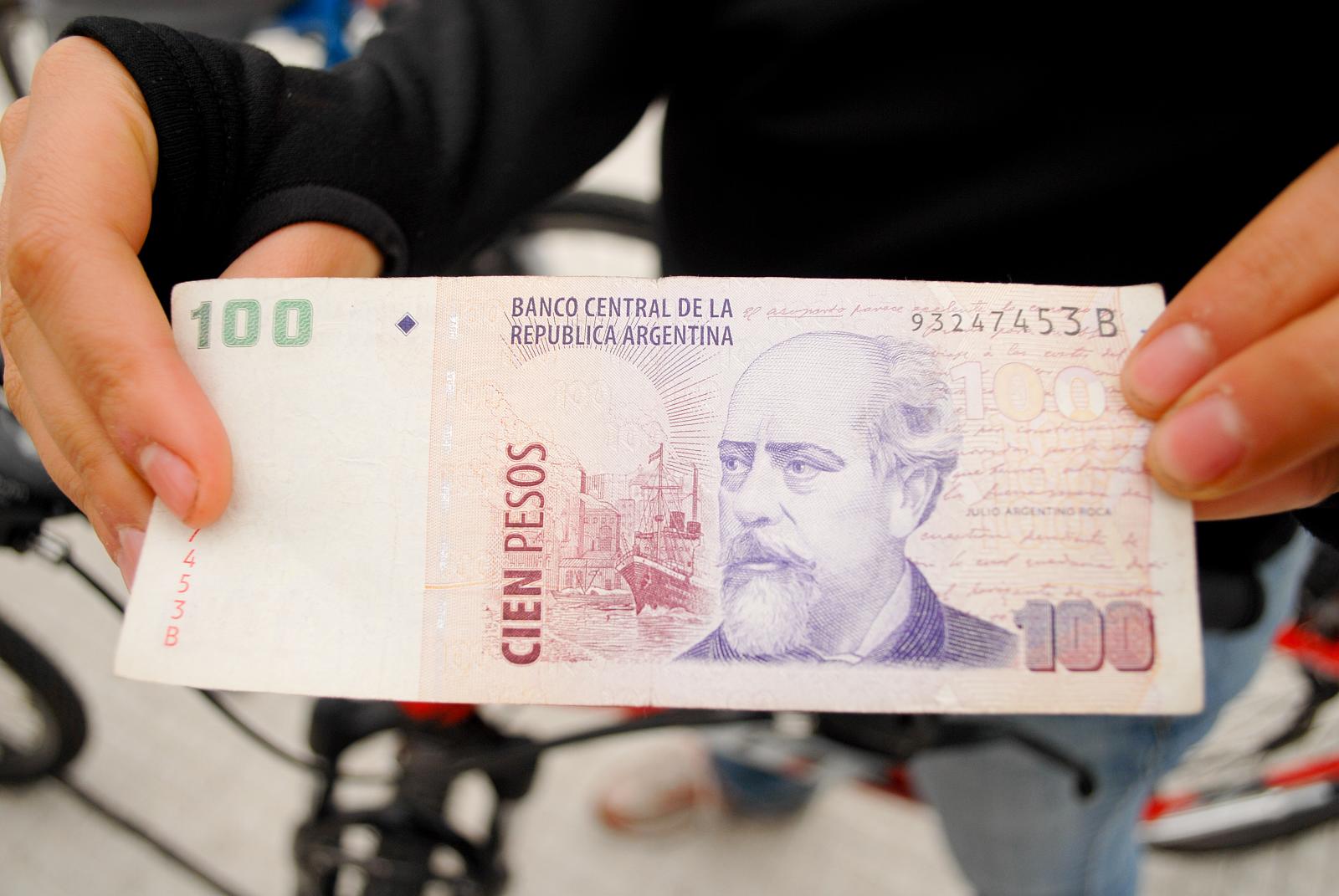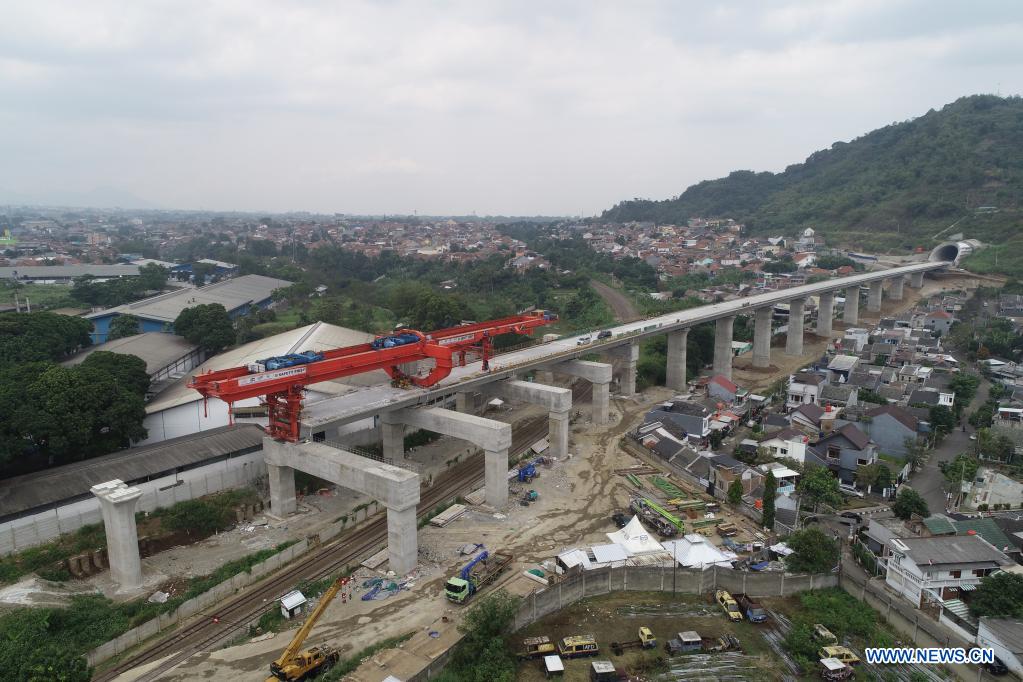The “first 100 days” is used as a political measuring stick around the world to gauge the progress of a new administration. But considering the recently elected president of Argentina is the first Libertarian head of state in the modern era, it’s been an eagerly awaited milestone.
Elected with a mandate to reduce inflation, Javier Milei was tasked, as he saw it, to roll back over 100 years of socialism, a term he uses liberally to describe all centrally planned aspects of the economy. In December, as the country floated between ingoing and outgoing executives, inflation in the country peaked at 25% month-over-month, while more than 50% of the country had sunk below the poverty line by January.
As Milei entered the Casa Rosada in Buenos Aires, analysts knew that while the people supported his agenda, his victory marginalized a deeply entrenched political establishment much larger than his own Libertarian Party and its supporters.
Unsurprisingly then, in the first 100 days, it has been his economic measures that have brought fresh hope, while repeated political defeats have revealed that difficult challenges to his agenda remain.
“I am fully aware of what is happening in Argentina,” Mr. Milei said in a recent interview, according to ABC Au. “What happens is that correcting 100 years of disasters is not going to be free of charge, especially when it comes to the aberrations of the last 20 years”.
In the interview, the president is referring to continual economic hardships without the fiscal drugs given by the previous administration. Pensions have fallen or been removed altogether, subsidies for transport, fuel, and energy were all removed, government salaries have been cut, and provincial funding has been ended in some cases.
While the result of this is that the government no longer needs to print pesos to cover the cost of the deficit—the root cause of price inflation—it has meant that population-wide belt-tightening is squeezing the economy.
Dark times
Milei warned of dark times immediately upon his election, something which many people were already experiencing in any case, and who also understood wouldn’t end quickly upon the Libertarian’s election.
ABC, and the Buenos Aires Times spoke to members of the once-envied Argentine middle class who have been reduced to busking for money on the street, closing their businesses, feeding their children from soup kitchens, and moving into country homes with their grandparents. 81% of the country told a local pollster their economic situation is worse off than a year ago.
“Now we have to shut down altogether. We can’t go on. We don’t have the resources,” Sergio Gómez, a butcher and grocer in Buenos Aires, told ABC before adding that they voted for Milei and understood the consequences. “I voted for him, and I have peace of mind, because he has been doing everything he said he would do. We knew this was going to happen”.
Mr. Gómez is one member of a still-sizable portion of the population that resiliently supports Milei’s policy. Polls by Opina Argentina, Casa Tres, and CB Consultores, all show that half of Argentines have faith things will get better, jumping up to between 73 and 80% of those who supported Milei in the election.
“It’s clear that the situation is bad, but numbers show confidence and expectation. In addition, the image of the president is still good, despite the adjustment, which shows that most people understand the need for it,” sources close to the president told Buenos Aires Times.
“Just so Peronism doesn’t return, people are willing to eat dirt,” a former presidential candidate said in a radio interview, referring to the policies of the previous administration.
Milei described the first 100 days as extremely positive, though he has cited the hardship his country is facing directly, and did not deny it.
“In economic terms, we avoided hyperinflation, inflation is going down, we achieved zero deficit at the Treasury, we reduced the quasi-fiscal deficit by 60 percent, we’ve bought US$10.5 billion [in reserves], we’re cleaning up the Central Bank, the [exchange rate] gap is gone, the country risk fell by 1,200 points, bonds went up by US$30, shares have climbed and dollar futures are in line with the Central Bank’s foreign exchange policy,” he declared.
Next hundred days
His support among the population has not been replicated by the legislative branch, who have defeated the first two attempts Milei has made to wade into the political ring. His “Ley Omnibus” which included privatization of nationalized industries on a massive scale, deregulations, and special powers for the executive to suppress protests, was vetoed by the congress, and his executive order that would have abolished rent control, was rejected by the upper house (the lower house has yet to rule on it).
Milei has said that these rejections “left the entire political class exposed,” and in the past warned that the rejection of these measures would force his administration to return to congress with each item contained within as a separate bill, drowning them in effect in a sea of consequential votes.
In regards to Argentina’s standing in international markets, the waters are still choppy, and major objectives remain to be accomplished.
“Getting out of currency control is Milei’s first objective, if this distortion in the market is eliminated, the rest of his plan will have more chances to be successful,” writes Octavio Bermudez, an Argentine economic student from the University of Palermo, Argentina, and who supports the president’s agenda.
To that end, Milei has said that if foreign states, investors, or the International Monetary Fund, who have thus far appreciated Milei’s efforts to do what decades of administrations have failed to do (remove the fiscal deficit), could provide the country with US$15 billion in liquidity, he would end the currency controls immediately.
The currency controls are preventing even more extreme difficulty for Argentine earners, but only by so much, and can only work so long. The controls were so strict and so unrepresentative of reality during the previous administration that most Argentines used US dollars for saving and financial decisions. As soon as Milei entered office, he devalued the Argentine peso by 50% against the US dollar, which improved the nation’s standing in international finance.
Currently, the country has a US$44 billion loan with the IMF, which Milei hopes to restructure to give him the leeway to end the currency controls.
“The Economy Ministry is negotiating a new agreement with the IMF. If the conditions are satisfactory, we can move forward,” explained Milei, who said that the removal of currency controls should take place before the middle of the year.
On March 11th, 16 classes of Argentine national financial instruments set to mature in 2024 were exchanged for new, inflation-linked instruments in a local currency debt swap worth $65 billion with the nation’s creditors. The move is set to give financial wiggle-room for the fiscal year, and resulted in an upgrade in the rating of sovereign peso debt at Standards & Poors. WaL


